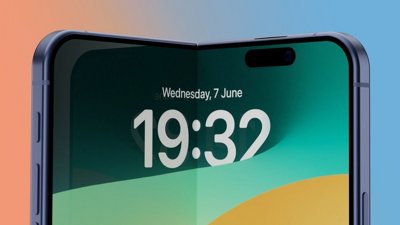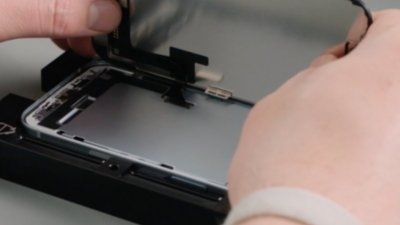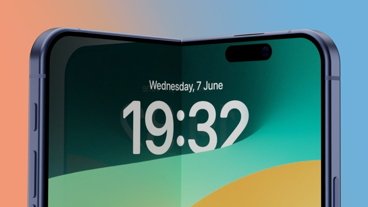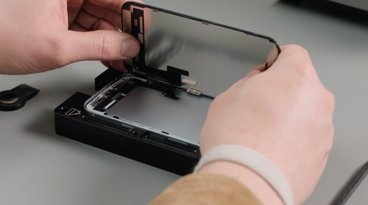Details on the new tracking tool were first revealed on Friday by The Wall Street Journal. The new tool will protect user privacy better than "existing approaches," the report said, citing people briefed with Apple's plans.
Apple first announced last year that it would deprecate developers' app access to "uniqueIdentifier," the universally unique serial number embedded in each iPhone and iPad sold. The UDID works like a networked computer's MAC address, and is a unique identifier that remains the same regardless of the user or the app currently running.
Many mobile companies rely on the UDID to serve ads and collect location and preference data. But many have expressed concern that the data could be used to identify individual users.
Exactly what Apple's new tracking tool is and how it will work is "unclear," Friday's report said. It cited one person who said the new identifier is expected to rely on a sequence of numbers not tied to a specific device.
Example of an iPad UDID found in the iTunes device summary tab.
News of the new tool comes only days ahead of Apple's annual Worldwide Developers Conference, which kicks off next Monday, June 11. There, Apple will unveil iOS 6, the next major upgrade to its mobile operating system that powers the iPhone and iPad.
The report was also filed only days after the Journal was first to reveal that ad networks have been using new tracking methods to bypass iPhone security measures. Advertisers have been finding workarounds as Apple has attempted to limit user tracking amid privacy concerns that remain under scrutiny from the U.S. government.
The issue of advertisers relying on UDIDs to track individual users was scrutinized earlier this year, when a U.S. Congress subcommittee sent a letter to Apple CEO Tim Cook, seeking information on what the company is doing to protect personal information stored on iOS devices.
 Katie Marsal
Katie Marsal


 Marko Zivkovic
Marko Zivkovic
 Wesley Hilliard
Wesley Hilliard
 Malcolm Owen
Malcolm Owen
 Andrew Orr
Andrew Orr


 William Gallagher
William Gallagher



-m.jpg)






4 Comments
The only way to fly. Advertisers can download it and twirl.
That's future cursing.
Will developer registering of devices change?
MAC-Address. Help Me understand here fellow developers/programmers; why couldn't they just switch from tracking UDID to using the MAC-Address of the device? It's available with just as easy as calling it up.... help me understand, what am I missing here??!
It is not about what Developers can access, it is about what Apple will allow them to do with the information. If the Apple developer rules say you can't do X then you can't do it even if it can be done with just a single line of code. If you do it, your app will (in theory anyway) get rejected by Apple. If they determine you are doing it maliciously, you can lose all your apps and your developer account. Hopefully Apple will create some permissions to allow users to opt into certain types of tracking for certain specific purposes. They could also consolidate information from many users to provide developers with information they need such as number of users that ran the developer's app in a month and how many hours it was used. They could even provide this information via secure API so a developer could get at the information in real time or allow some third party to access the data (for advertising purposes). The goal would be to prevent developers from tracking individual users or their devices without explicit permission.